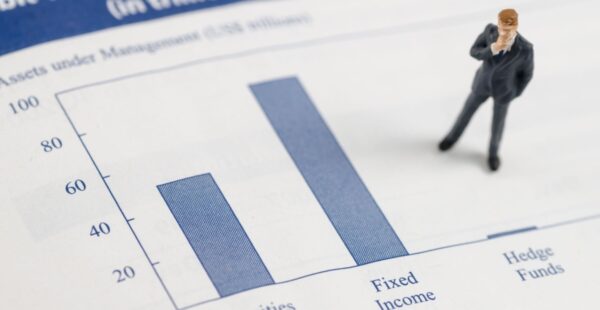Private capital report affirms soaring investor appetite

The latest edition of the annual Australian Private Capital Market Yearbook from Preqin and the Australian Investment Council has confirmed the rising investor appetite in private markets amid volatile conditions.
The 2024 report indicated private capital assets under management (AUM) hit $139 billion as of June 2023, recording a 33 per cent rise in the 18 months prior. Private equity and venture capital (VC) AUM reached $65.5 billion in June 2023, up by 30 per cent from December 2021.
While private VC took a hit compared to the records set in 2021 and 2022, 2023 saw $10 billion raised for fewer yet more experienced fund managers.
“Despite difficult macroeconomic conditions, Australia’s private capital markets held up well. The strong track record of Australia’s VC ecosystem continues to attract global GPs and LPs,” Angela Lai, VP, Head of APAC and Valuations, Research Insights at Preqin, said.
“Fundraising and deal activity have been robust despite moderating from 2022’s record highs.”
There were 260 VC deals completed with an aggregate value of $3.8 billion in 2023, with an increased focus on early-stage companies due to higher funding costs and lower valuations.
The report also highlighted Australia as a spearheading nation in the alternative assets sector, particularly in the development and innovation of new technologies and infrastructure to support the green energy transition. A country focused on environmental, social and governance (ESG) investing, with 228 UN PRI signatories, is set to give Australian fund managers an edge when compared to the wider APAC region.
“Compared with long-term averages, the private capital industry has proven to be resilient, notwithstanding more subdued global market and economic conditions. While 2021 and 2022 offered more buoyant conditions, the long-term comparison is important given private capital is patient capital. This long-term resilience underscores strong industry fundamentals and Australia’s merits as a place for private capital investment,” Navleen Prasad,CEO at Australian Investment Council, said.
“Private capital currently contributes three per cent to Australia’s GDP and, based on US and UK experience, has the potential to double that contribution, supporting the country’s growth ambitions. The challenge for Australia, in a globally competitive market for patient capital, is to ensure that its regulatory and legislative frameworks remain efficient, effective and flexible enough to enable investment in start-ups and growth businesses. It is these businesses that will give Australia a more dynamic and future-proofed economy as well as supporting incumbent industries adapt to a changing world.”











Of course he is trying to reduce exposure. But why should innocent Advisers only, get lumped with over a $$$$…
I think he is confusing the ORFR with the Part 23 provisions in the SIS Act that enable compensation to…
This is an excellent article which could be expanded into a PhD paper of how Canberra and a bunch of…
Good article. I know many advisors planning their exit over the next few years if this mess does not get…
Jim’s talk fest in Canberra spent million $$$$ and what will they do. MANUFACTURE MORE RED TAPE. Why is there…